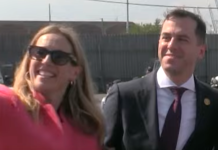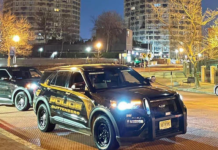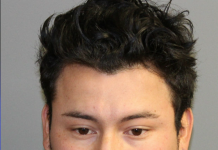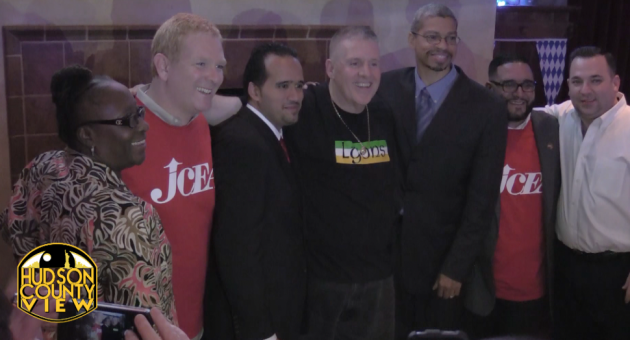Jersey City Mayor Steven Fulop, Ward E Councilman James Solomon, and Hudson County Commissioner Bill O’Dea (D-2) both come out against a proposed 15 percent fare hike for NJ Transit riders, the first of its kind in nearly a decade.
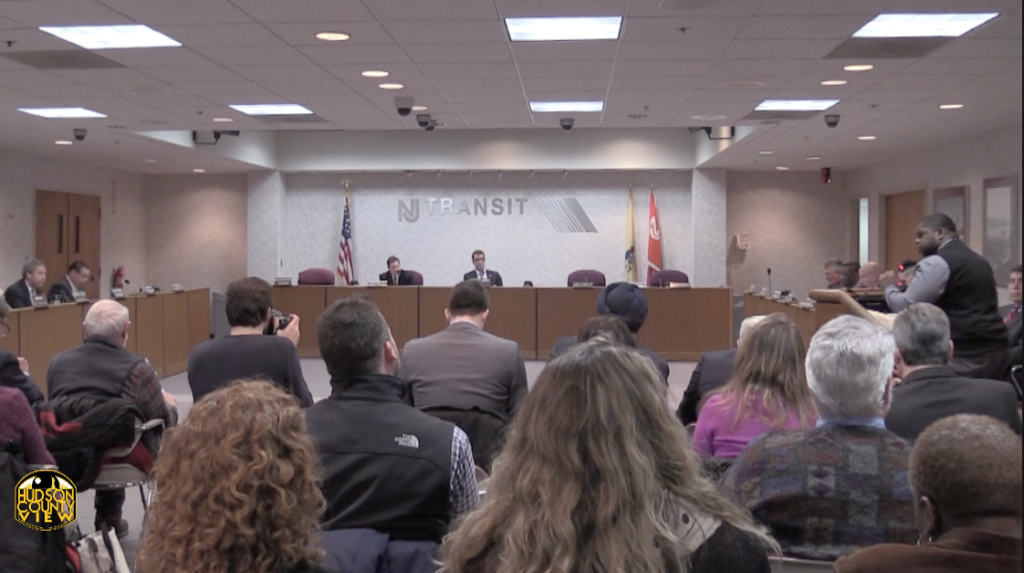
By John Heinis/hudson County View
“There is a major problem with Transit policy in NJ overall and it is unacceptable for NJTransit to push a large fare increase on regular residents within months of a massive tax break on the largest corporations (CBT). It is just wrong,” Fulop, also a Democratic candidate for governor, said in a Twitter thread this morning.
“Despite the rhetoric of a fairer NJ this is clearly the opposite and only undermines trust. It’s all part of a problematic narrative around Transit in NJ – we had a fake veto of Turnpike minutes 10 days before the November election so that Trenton can ‘pretend’ being upset about an increase (that was already approved). That showmanship only erodes trust from the public looking at it now.”
He also reiterated he is against the proposed $10 billion New Jersey Turnpike widening project, another reason that “this type of politics makes it hard for me to be positive on the Murphy Administration.”
Back in August, Fulop unveiled his statewide transit plan, which includes having NJ Transit run the PATH instead of the Port Authority of New York and New Jersey, as well as using the Corporate Business Tax (CBT) as a dedicated revenue stream for NJ Transit.
73 percent of Democratic voters polled by Fairleigh Dickinson University in October said they supported the latter concept.
As for Solomon, a potential mayoral candidate who is yet to announce his plans for 2025, said that if the fare hike is approved, set for a NJ Transit board vote in April which would allow the increase to begin on July 1st, it will more public transit even less accessible.
“I am disappointed in Gov. Murphy and NJ Transit’s decision to hike NJ transit fares for our state. A 15% fare hike would make our already weak public transportation system even less accessible, forcing more people on the roads and contributing to polluted air and dirty water,” he said in his own statement.
“We should be making critical investments in improving our trains, subways, and buses and making them cheaper to ride, not more expensive. With major corporations set to receive a $1B annual tax cut and with a wasteful $10B Turnpike widening plan moving forward — our state has the money to fund NJ Transit without asking working people to shoulder the burden.”
NJ Transit officials said during a media call today that their fiscal year 2025 budget has a $106.6 million dollar deficit that could be offset by the fare hike.
Additionally, O’Dea, a declared candidate for Jersey City mayor, also came out in opposition this afternoon.
“I strongly oppose any increase in transit fees as it would burden commuters and discourage the use of public transportation, which is essential for reducing traffic congestion and promoting sustainable mobility,” his statement reads.
“Higher fees would disproportionately affect low-income individuals who heavily rely on public transit, making it harder for them to have access to education, employment, and essential services. Instead, we should focus on improving the efficiency and quality of public transportation systems to encourage people to choose eco-friendly alternatives to private vehicles.”
NJ Transit declined to respond directly to the Jersey City electeds, referring to a statement by NJ Transit President and CEO Kevin Corbett explaining why the fare hikes are needed.
“A decision to propose a fare adjustment is always the last resort, having held the line on any increases for nearly a decade. Before advancing this proposal, NJ TRANSIT looked internally and identified $44 million in internal savings and $52 million in revenue enhancements that reduced the originally-projected FY25 deficit. However, those actions were not enough to eliminate the budget gap entirely,” he asserted.
“Maintaining stable fares for nearly a decade while taking over several abandoned private carrier bus routes and improving the customer experience by adding 2,300 new bus operators, restoring the ranks of locomotive engineers, introducing new technologies that enhanced customer communication and fare payment options, and keeping the system in a state of good repair, was not sustainable indefinitely.”
The proposal would also come with an annual three percent fair hike in perpetuity.

